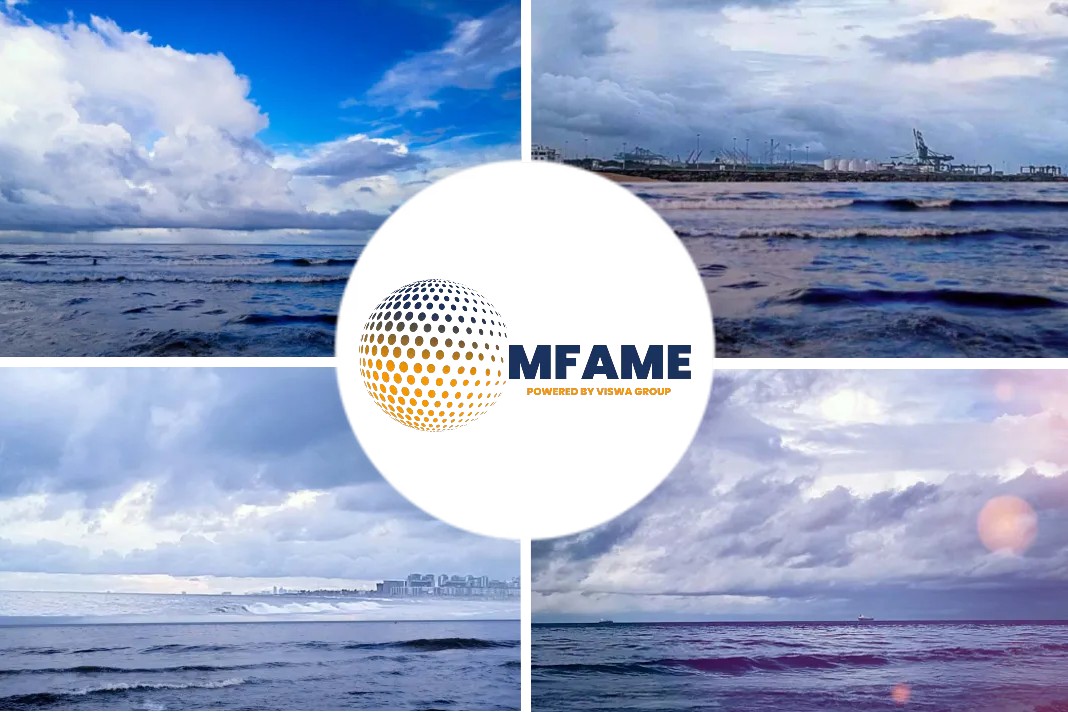
Gavin Allwright, Secretary General of the International Windship Association (IWSA), predicts that by early 2024, over 50 large vessels will have adopted wind propulsion systems.
Wind Propulsion Solutions Gain
This achievement reflects the continued momentum behind wind propulsion solutions and their growing adoption in the shipping sector.
The update highlighted that 2023 had witnessed a very dynamic start to the year, with the momentum persisting even after the summer break.
Upcoming Reports And Exciting Milestones
“In the coming weeks, we will be releasing a number of reports on barriers/drivers, our survey results and work is underway on a more extensive white paper covering wind propulsion developments across the board. We are now above 30 wind propulsion installations on large vessels along with 8 wind-ready ships and the number of installations in the pipeline is growing all the time. I am looking forward to announcing we have broken the ’50’ number in early 2024,” Allwright said.
Wind propulsion systems harness the power of the wind to complement conventional propulsion methods, reducing emissions and fuel costs while enhancing a vessel’s overall efficiency.
Wind Propulsion
The fact that the 50-installation milestone is within reach for early 2024 aligns with broader efforts to decarbonize the maritime sector as well as greater widespread acceptance of wind propulsion technologies.
Some of the most prominent include Flettner rotors, spinning sails, as well as kite propulsion.
Mitsubishi’s Pyxis Ocean
The sector witnessed a major milestone last August, as Pyxis Ocean, a Kamsarmax vessel owned by Mitsubishi Corporation and chartered by Cargill was fitted with two WindWings, a pioneering technology developed by BAR Technologies and produced by Yara Marine Technologies
The installation of the wings took place at the COSCO shipyard in China and the Pyxis Ocean is now on the water, conducting her maiden voyage from China to Brazil.
World’s First Tanker With Suction Sail
During the same month, Norwegian shipping company Odfjell revealed a partnership with bound4blue, a Spanish developer of wind-assisted propulsion technology, to install the eSAIL® suction sail system on a chemical tanker, making it the first tanker vessel in the world to harness this type of technology.
The move is being pursued as part of Odfjell’s decarbonization efforts which have resulted in a 51% improved carbon intensity compared to the 2008 baseline, according to Odfjell’s data.
eSAIL Installation
The installation is scheduled to be completed in 2024.
The deal came on the heels of bound4blue’s sales partnership agreement with Japan’s Marubeni Corporation for the wind-assisted propulsion system eSAIL.
Wind-Assisted Propulsion
DNV’s Maritime Forecast for 2023 underscores the technology’s potential, with wind-assisted propulsion already installed on 28 vessels, achieving fuel savings of 5-9%. This figure could reach up to 25% when retrofitted on existing vessels.
Even though wind propulsion has emerged as an attractive solution for the maritime industry to meet new regulations, such as EEXI, CII, and EU ETS, its adoption still faces challenges such as industry perception, limited funding, claims regarding fuel and GHG saving performance, and safety concerns.
Standardization efforts are underway, and demonstrator vessels are expected to play a crucial role in measuring emission benefits.
Did you subscribe to our daily newsletter?
It’s Free! Click here to Subscribe
Source : Offshore Energy















